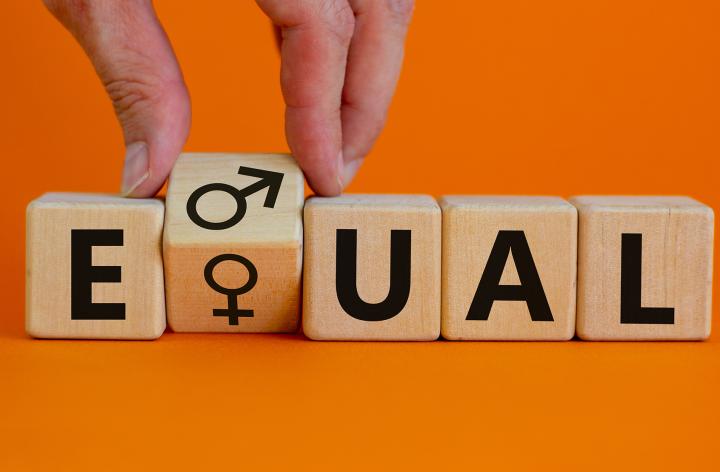
New guide on workplace transgender and non-binary diversity, equity and inclusion published
The CIPD has published a new guide for employers on transgender and non-binary inclusion at work as part of a broader equity, diversity and inclusion policy. The guide covers every stage of the employee lifecycle, from recruitment to progression. Key areas include legal considerations and the protected characteristic of gender reassignment, ensuring EDI policies are supportive, creating a safe and equal workplace, encouraging inclusive language in the workplace and ensuring privacy when managing data. It also covers supporting employees through a transition and managing different views in the workplace, an issue that has seen a significant amount of employment tribunal litigation recently.
Gender pay gap reporting
Analysis of this year's gender pay gap figures (which for private companies looks at pay levels as at 5 April 2022) the median gender pay gap is 9.4%, the same as it was in 2017/18 when the requirement for larger companies to report gender pay gap figures first became mandatory. Finding we are back where we started is disappointing, particularly when put in the context of some of the other data. This includes that, while some companies do pay women more than men, the vast majority (around 80%) pay men more and, sector wise, some of the worst offenders show little sign of improvement.
Significant compensation awarded to worker dismissed for expressing gender critical beliefs
We have seen a significant number of employment tribunal claims in the last few years relating to workers who have been dismissed for expressing gender critical views. It is now clear that gender critical views are protected as philosophical beliefs under the Equality Act 2010. In July this year one successful claimant, Maya Forstater, was awarded £105,800 by an employment tribunal after her contract was not renewed because of tweets she had said expressing these views. Balancing employees with conflicting beliefs can be difficult, and beliefs surrounding gender issues such as this particularly so and it is an area where legal advice should be sought.


